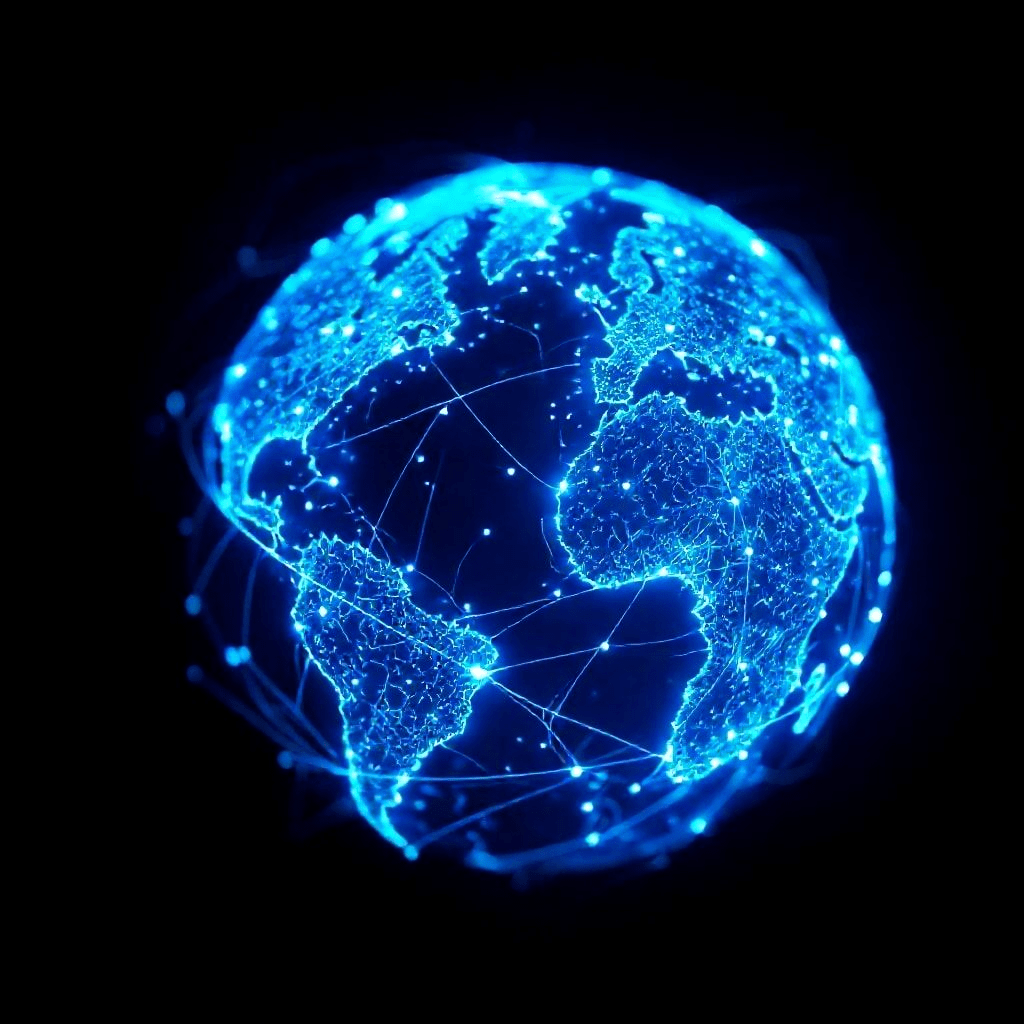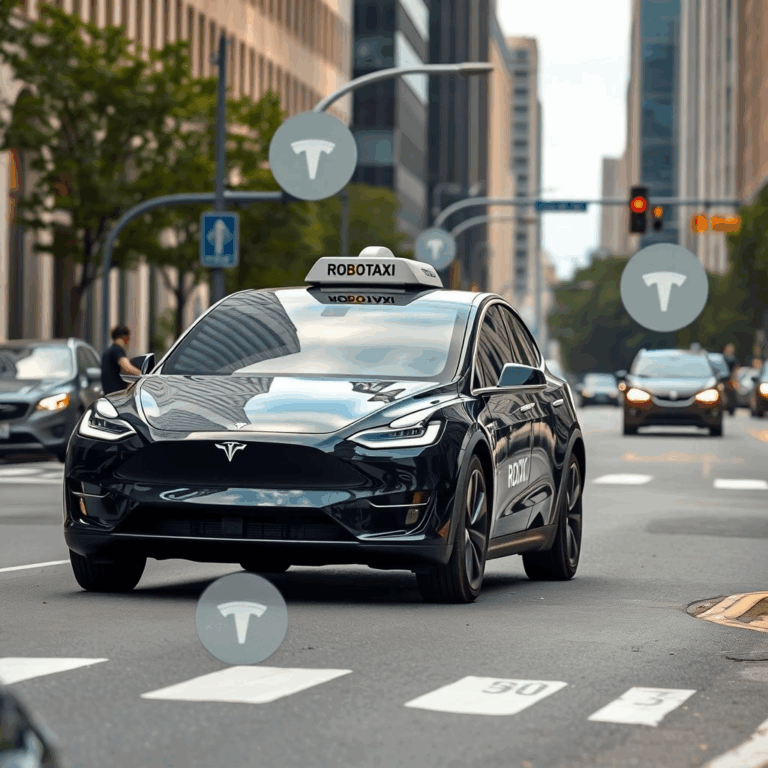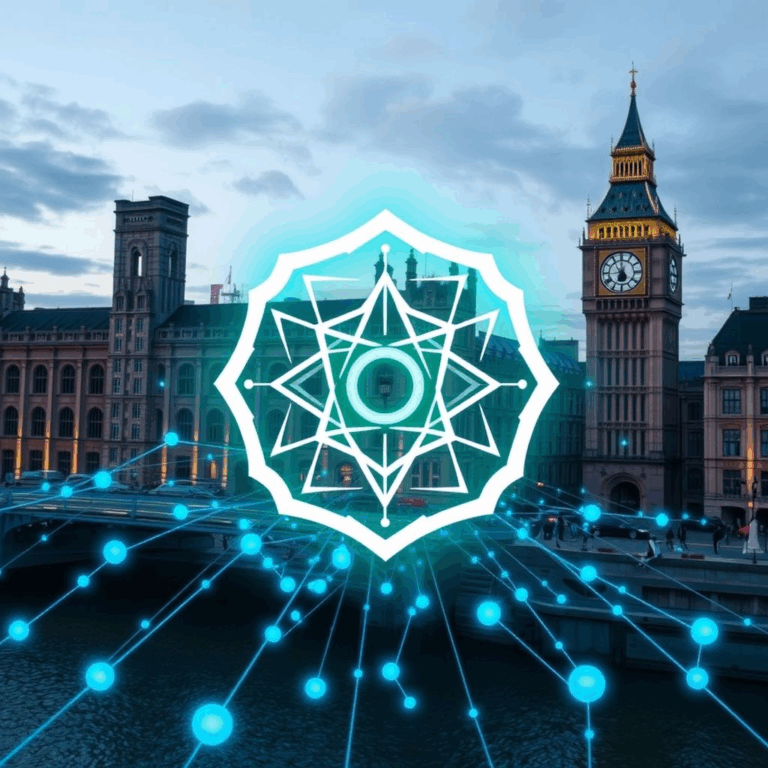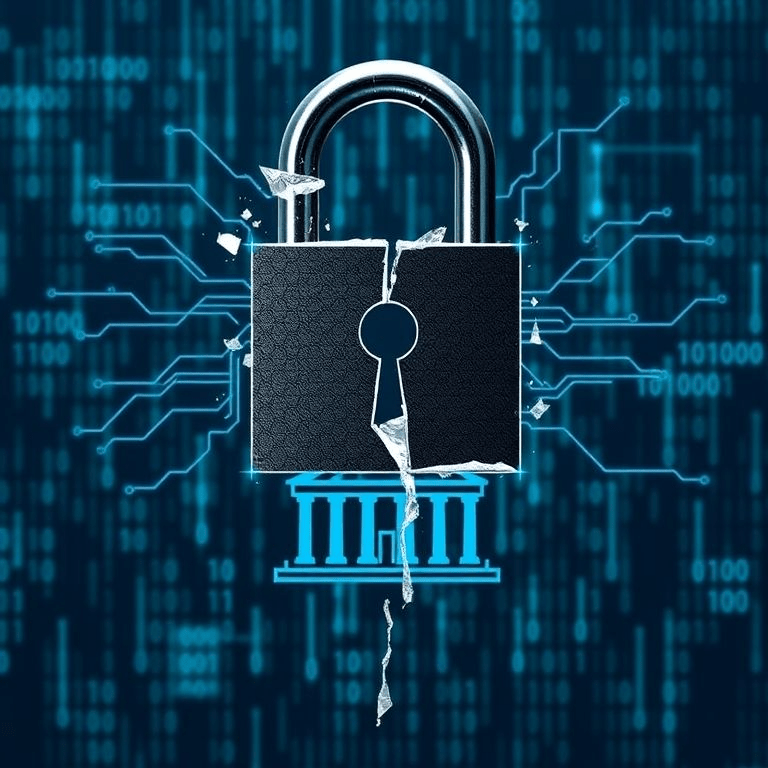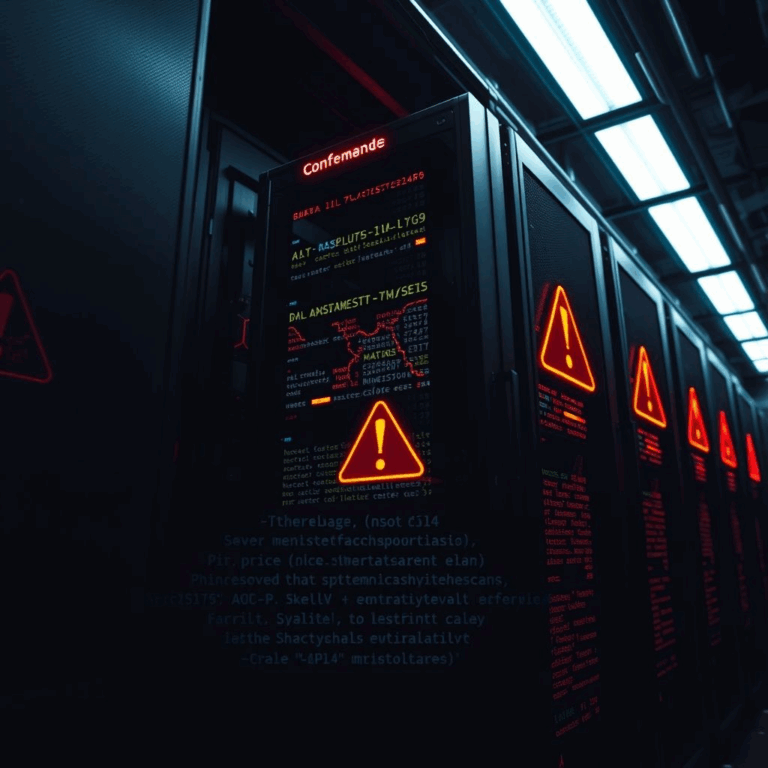Introduction: A Global Celebration of Quantum
The United Nations (UN) has declared 2025 as the International Year of Quantum Science & Technology (IYQST), marking a historic recognition of the field’s growing importance. This year-long initiative seeks to raise awareness, encourage collaboration, and inspire innovation across a discipline that many experts believe will define the next century of technological progress.
Why Quantum, Why Now?
Quantum science is no longer confined to physics labs. In just two decades, it has moved from theoretical experiments to real-world applications in computing, communication, healthcare, and energy systems.
UNESCO, which is coordinating global activities, noted that quantum breakthroughs are already reshaping daily life—even if the public isn’t fully aware. For instance:
- Google’s quantum computer Sycamore solved a problem in 200 seconds that would take classical supercomputers thousands of years.
- China’s Micius satellite demonstrated quantum-encrypted communication between continents.
- Drug discovery firms are exploring quantum simulations to accelerate treatments.
“Quantum is no longer just the future—it is today. The UN declaration ensures that citizens everywhere can engage with and understand this transformation,” said UNESCO’s Assistant Director for Science, Dr. Ana-Maria Hernandez.
Goals of the International Year of Quantum
The initiative sets out multiple objectives:
- Public Awareness: Simplifying complex quantum ideas for schools and general audiences.
- Scientific Collaboration: Expanding joint research projects between nations.
- Policy Engagement: Helping governments design quantum-ready regulations.
- Workforce Development: Inspiring the next generation of scientists, engineers, and innovators.
Events will include global conferences, hackathons, museum exhibitions, and student outreach programs across 100+ countries.
Potential Impact on Industry
Quantum technologies are expected to disrupt multiple industries:
1. Computing Power
Quantum computers harness qubits to solve problems in seconds that would take classical computers millennia. This could revolutionize logistics, AI model training, and climate simulations.
2. Cybersecurity
Quantum communication promises unhackable networks through quantum key distribution (QKD). However, once powerful enough, quantum machines could also break today’s encryption, sparking a race for post-quantum security standards.
3. Healthcare
Quantum simulations could speed up drug discovery and protein folding analysis, transforming medical research.
4. Climate & Energy
Quantum optimization may improve renewable energy distribution and battery efficiency, aiding sustainability goals.
Voices from the Quantum Community
Leaders worldwide have welcomed the UN’s decision:
- Dr. Michelle Simmons (University of New South Wales):
“This recognition signals that quantum is no longer science fiction—it’s a national priority.” - IBM Research Director Darío Gil:
“The International Year of Quantum is a chance to democratize understanding of a technology that will affect every aspect of society.” - UNESCO Education Board:
“By bringing quantum into classrooms, we hope to inspire a diverse, global generation of quantum thinkers.”
Challenges Alongside Opportunities
While optimism is high, experts stress that quantum also poses risks:
- Encryption Threats: Sensitive financial and defense data could be vulnerable within a decade.
- Unequal Access: Wealthy nations and tech giants dominate quantum R&D, raising fears of a digital divide.
- Ethical Implications: From surveillance to autonomous decision-making, quantum tools may require new global governance frameworks.
The International Year is therefore not just a celebration but also a call to responsibly shape the future of quantum.
Global Programs & Participation
Highlights of planned activities include:
- UNESCO Quantum Education Week (April 2025): Engaging schools worldwide.
- Quantum Hackathon (India, July 2025): Developers solving real-world problems using quantum algorithms.
- Global Quantum Expo (Switzerland, October 2025): Showcasing industry applications.
- International Quantum Summit (New York, December 2025): Closing ceremony with policy recommendations.
Future Outlook: Building a Quantum-Ready World
The UN hopes that by the end of 2025, millions more people will have at least a basic grasp of what quantum is and why it matters. Governments are expected to accelerate investment in post-quantum security standards, while universities will launch new programs to train quantum engineers.
The year also offers an opportunity for developing nations to leapfrog into the quantum era by participating in global collaborations.
Conclusion
2025 as the International Year of Quantum Science & Technology marks a defining moment in history. It recognizes not only the brilliance of past discoveries but also the urgency of preparing for a quantum-driven future.
For the first time, the world is uniting around a technology that could reshape humanity’s relationship with computing, communication, and knowledge itself.

